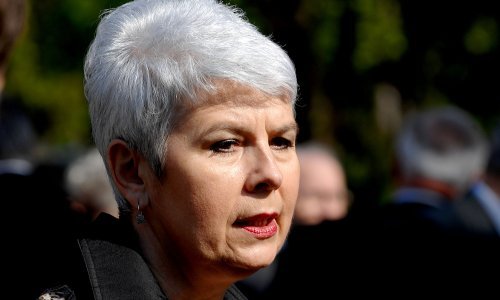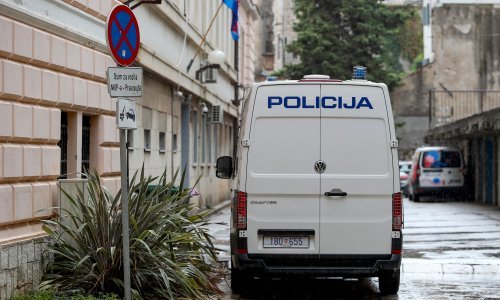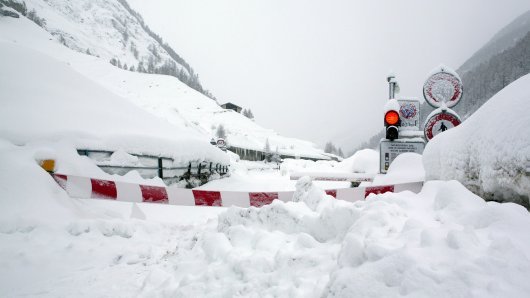Jadranka Kosor, leader of the strongest opposition party, the Croatian Democratic Union (HDZ), said on Monday that the government's budget proposal for 2012 was only a trial balloon, that the planned budgetary revenues were overestimated by 1.5 billion kuna, while expenses were underestimated by as much.
Addressing a news conference in the parliament, Kosor said that in the weeks before the adoption of the budget the government had been giving contradictory statements which had turned out to be only trial balloons for the Croatian public and international financial institutions.
She accused the government of lacking the strength, determination and courage declared during the election campaign, evidence of which she found in the government's plan to revise the budget soon.
"It's already obvious that the budget will last only three months and then become history," she said.
She wondered how the government intended to carry out planned cuts in ministries' spending, notably the Agriculture Ministry, where she said government grants were to have been reduced by one billion kuna, only to be eventually reduced by almost half the amount.
As for the government's plan to increase the VAT rate to 25 percent in order to increase revenues, Kosor said the VAT increase would only affect the poorest, citizens' living standards and the business sector.
She wondered how the government intended to finance the budget deficit if it sold all public companies, something she said the 2000-2003 government had been doing as well.
Commenting on the government's plan to increase investment this year, she said, "Investments will decrease by about 500 million kuna, instead of going up. That is evidenced by the potential of public companies where politics has already crept into and which will be run by politically suitable directors."
Commenting on the government's plan to reduce budgetary funds for the Justice Ministry by 217 million kuna, she said the government was obviously "not thinking about the fight against corruption and crime and consolidation of the judiciary."
HDZ vice-president Ivan Suker, who also attended the news conference, said cuts in public spending should be based on structural reforms, which he said was not the case with the current budget proposal.
He said the planned budgetary revenues were exaggerated, particularly announcements that they were based on this year's economic growth, while international institutions were not forecasting any growth in Croatia in 2012.
Suker said the government had not explained how it intended to reduce budgetary expenses if it had not discussed with trade unions changes to collective agreements and was not planning reduction of grants to agriculture and the railway operator HZ.
Another HDZ vice-president and former Agriculture Minister Petar Cobankovic said that even though the initial plan to cut farming grants by one billion kuna had been scrapped, the proposed 15.5 percent decrease in those grants would deal a blow to farmers and, together with the proposed VAT increase, to their competitiveness.
Dismissing criticisms that agriculture grants had previously served to buy farmers' votes, Cobankovic said that the ministry, when he was at its helm, had stabilised grants at 3.5 billion kuna, while now grants would amount to 2.9 billion.
Djuro Popijac, Economy Minister in the previous government, said he did not believe the government's tax changes would have a positive impact on economic recovery. "I don't know of any example in the world where tax increases have boosted competitiveness. They will worsen conditions for enterprises and weaken the competitiveness of the economy," Popijac said.





































